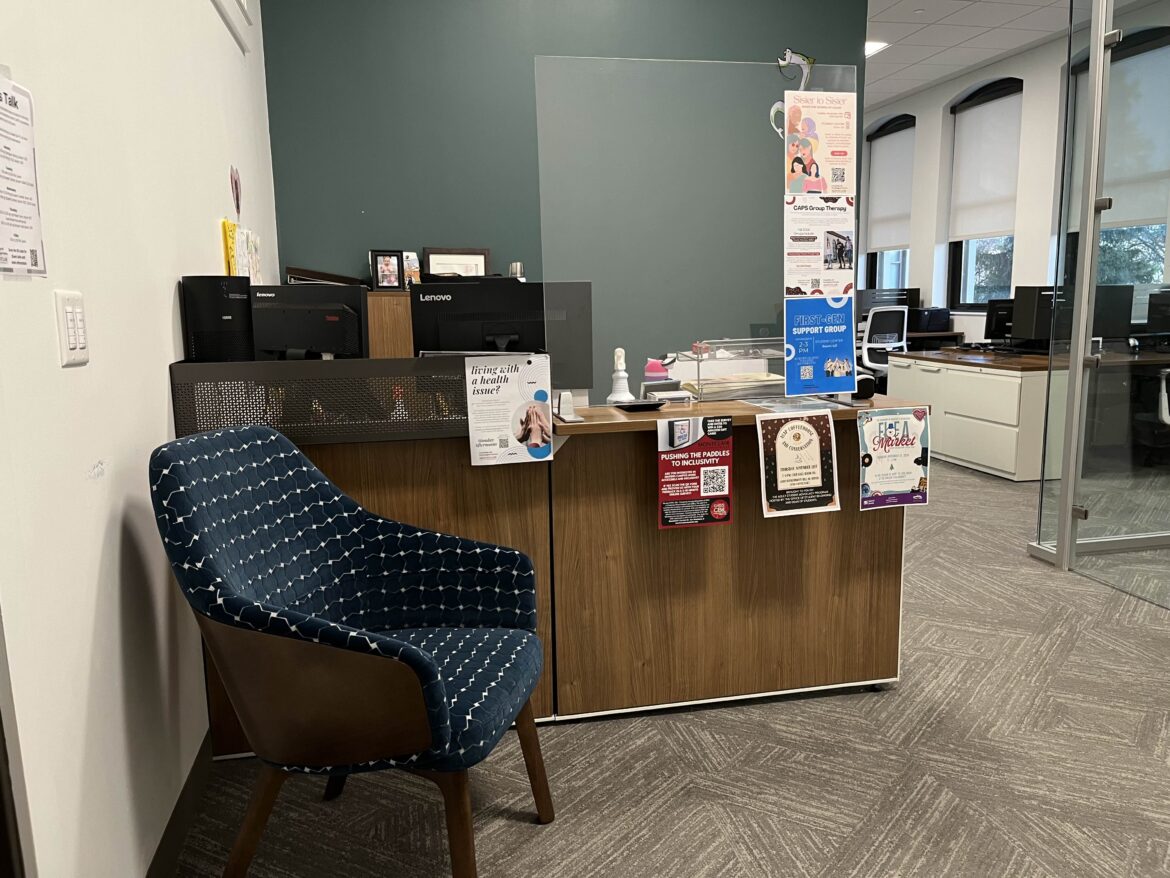With a place to empower voices for faculty and staff who are disabled, the disability caucus seeks to create a platform by examining the significance, presence and impact of disability within Montclair State University.
Announced on Oct. 5, 2020, it currently provides a space to raise awareness about disability justice and rights, advocate for the celebration of disability culture on campus and strive for accessibility and inclusivity within the campus community.
The caucus also works to identify and address ableism in Montclair State policies, practices and cultural practices. Additionally, it strives to provide a collective environment to organize and develop curricular, cocurricular and extracurricular activities that raise awareness for disability issues.
With this, it also works to ensure that all campus events are universally accessible by promoting structural, technological and other forms of support, such as American Sign Language (ASL), audio description (AD) and Communication Access Real-time Captioning (CART) services.
Dr. Alicia A. Broderick, president of the disability caucus and a teaching and learning professor, recognizes the caucus is meant to create an informal influence.
“As the caucus gains more members, greater visibility and stronger relationships, the constituency is gaining informal influence through organized participation in other governance structures,” Broderick said. “Informal influence is about developing relationships and active participation, and we’re trying to continue to build and increase those throughout caucus activities.”
She says the caucus aims to create an environment for the growth of disability culture.
“What we strive to do is to provide spaces and opportunities for disability culture and [allow] groups to develop and thrive, and for disabled employees to be recognized,” Broderick said.
The caucus seeks recognition of ways disabled individuals are members of every demographic and identity group.
“’Leadership Of Those Most Impacted’ is a significant principle we are working toward, for almost every other marginalized identity, people speak for themselves and lead their own activist movements,” Broderick said.
The Disability Caucus aims to collaborate with staff and university administration to enhance recognition of the experiences of disabled employees. Broderick explains that the caucus strives to ensure that members of the disabled community are valued and have access to opportunities.
“To develop the skills to know how to realize what President [of Montclair State University Jonathan] Koppell has called the university’s DEIB (Diversity, Equity, Inclusion, Belonging) aspirations, [that states] ‘Every single member of our Montclair State University community deserves to feel that their presence is appreciated and that they have full access to all of the opportunities that the University provides,’ We are working to ensure that ‘every single member’ includes disabled community members,” said Broderick.
Specialist at the DRC, Maggie Kane, recognizes the helpful connection the disability caucus is for faculty and staff.
“I am aware that [the] disability caucus is a really great resource for faculty to speak about concerns about disability rights on campus,” Kane said.
She emphasizes that having the DRC and the caucus as two separate outlets is essential.
“Students come to our office to register with us and to get accommodations, but [the] disability caucus is another outlet to voice concerns,” Kane said. “It is a good resource on campus and is probably beneficial that we are separate, so it gives [MSU faculty] another office to give their concerns to, as opposed to just us.”
Kane also feels that Montclair State creates an environment where disability justice is prioritized.
“We [Montclair State] go above just compliance with accessibility laws,” Kane said. “We shouldn’t just follow the law. We should have a universal design, so having instructors create forces that any student can access… I would say universal design, teaching and physical spaces as well, to give everybody equal access to the university more than just the law.”
Disability Resource Center (DRC) student Noah Gale, who is a senior majoring in early childhood education, believes the accommodations that come along with being a DRC student are extremely helpful.
“[The DRC] understands every student’s needs because every student learns differently,” Gale said.
He said making Montclair State all-encompassing has improved students’ learning.
“We’re inclusive to every student, no matter what their background is,” Gale said.
The disability caucus and DRC work alongside one another to take collective action among students, faculty, and staff to create an inclusive and diverse environment for all.
“[The disability caucus and DRC help] create a campus community where disability is not an afterthought, it’s a priority,” Kane said.



